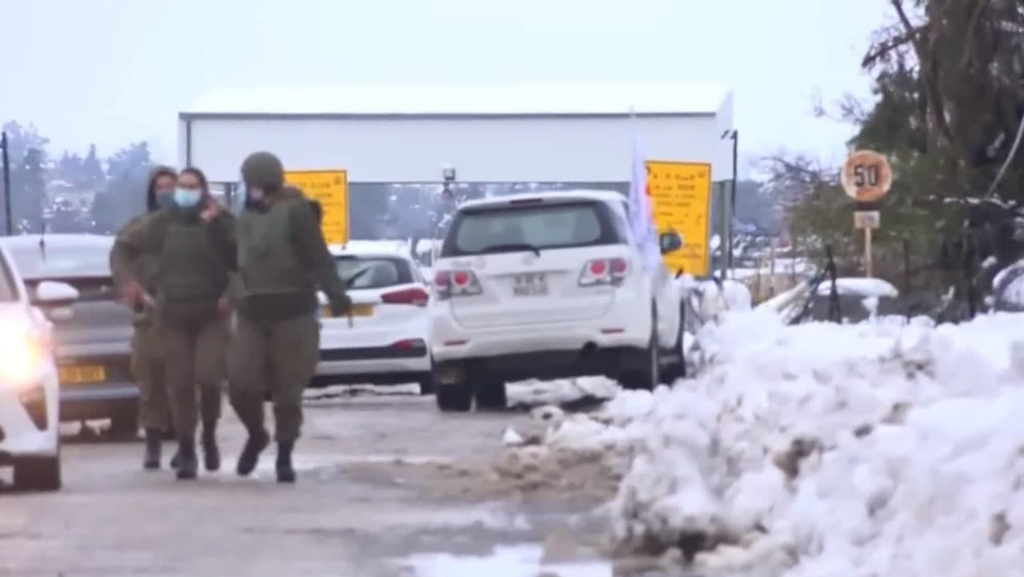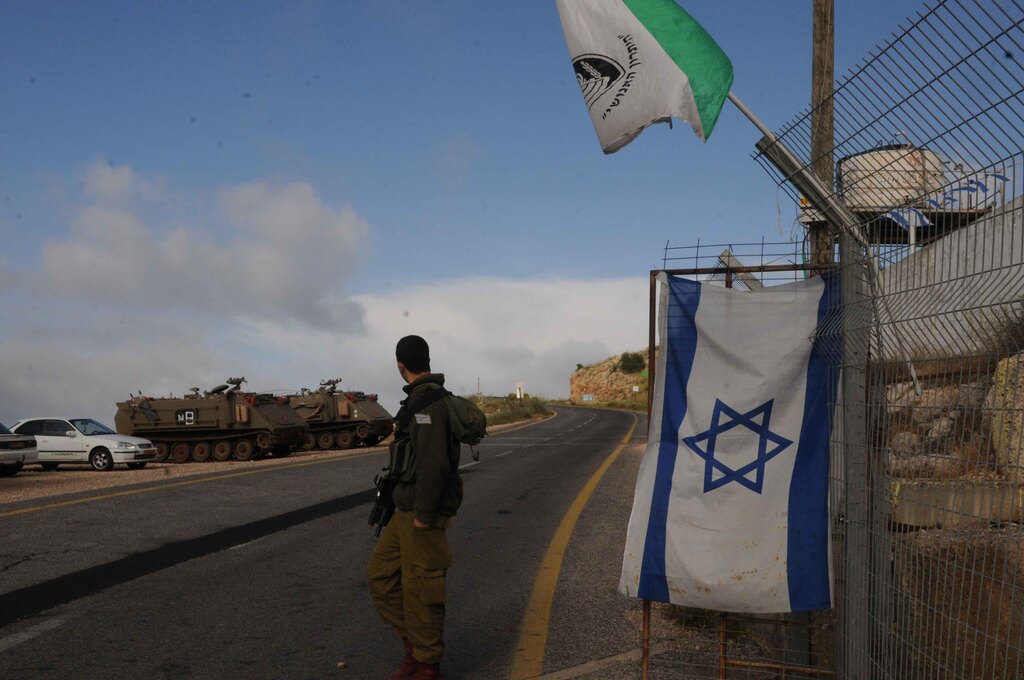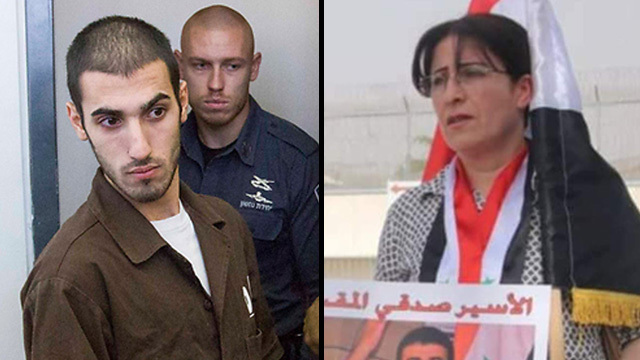Getting your Trinity Audio player ready...
A young Israeli woman who was detained after crossing the border into Syria landed at Ben-Gurion Airport from Moscow in the early hours of Friday, following a Russian-mediated prisoner exchange between Jerusalem and Damascus.
The woman was expected to be questioned by the Shin Bet security service about the circumstances of her recent detention in Syria.
In exchange for her return, Israel transferred to Syria two Syrian shepherds who were arrested after crossing the border and pardoned Israeli Druze prisoner Nihal al-Mkat.
Israel also provided further compensation although the details of that are prohibited from publication.
According to reports, the 25-year-old woman was sent by Syria to Russia, from which she was retrieved by a plane that included an Israeli delegation led by the chief of staff of the Prime Minister's Office Asher Hayun, the coordinator for negotiating the return of POWs and MIAs Yaron Blum, representatives from the National Security Council and a doctor.
Prime Minister Benjamin Netanyahu’s office announced early Friday that it had completed the swap to bring home the woman.
3 View gallery


IDF troops conduct the transfer of the shepherds on the Syrian border
(Photo: Avihu Shapira)
Netanyahu thanked Russian President Vladimir Putin for helping engineer the deal, saying he had reached out to the leader for help.
“I asked for his help, and he indeed acted,” Netanyahu said, calling the Russian leader “my friend.”
While little is known about why the woman entered Syria, Israeli media reported it was not her first attempt to cross the border, adding she is a former resident of the ultra-Orthodox West Bank settlement of Modi'in Illit.
According to claims by Syrian media however, the woman accidentally entered Syrian territory after crossing from the Israeli side of the Golan Heights.
Official Syrian media first reported the emerging deal on Wednesday, saying that two Syrians were to be exchanged for the Israeli woman.
The two "children of the Syrian Golan Heights" were identified as Nihal al-Makt, who was under house arrest in her village, and Diab Kahamuz, who is serving a 14-year sentence for his role in a Hezbollah bomb plot.
But the deal ran into complications after al-Makt and Kahamuz, who are both from the Golan, refused to be transferred to Syria.



